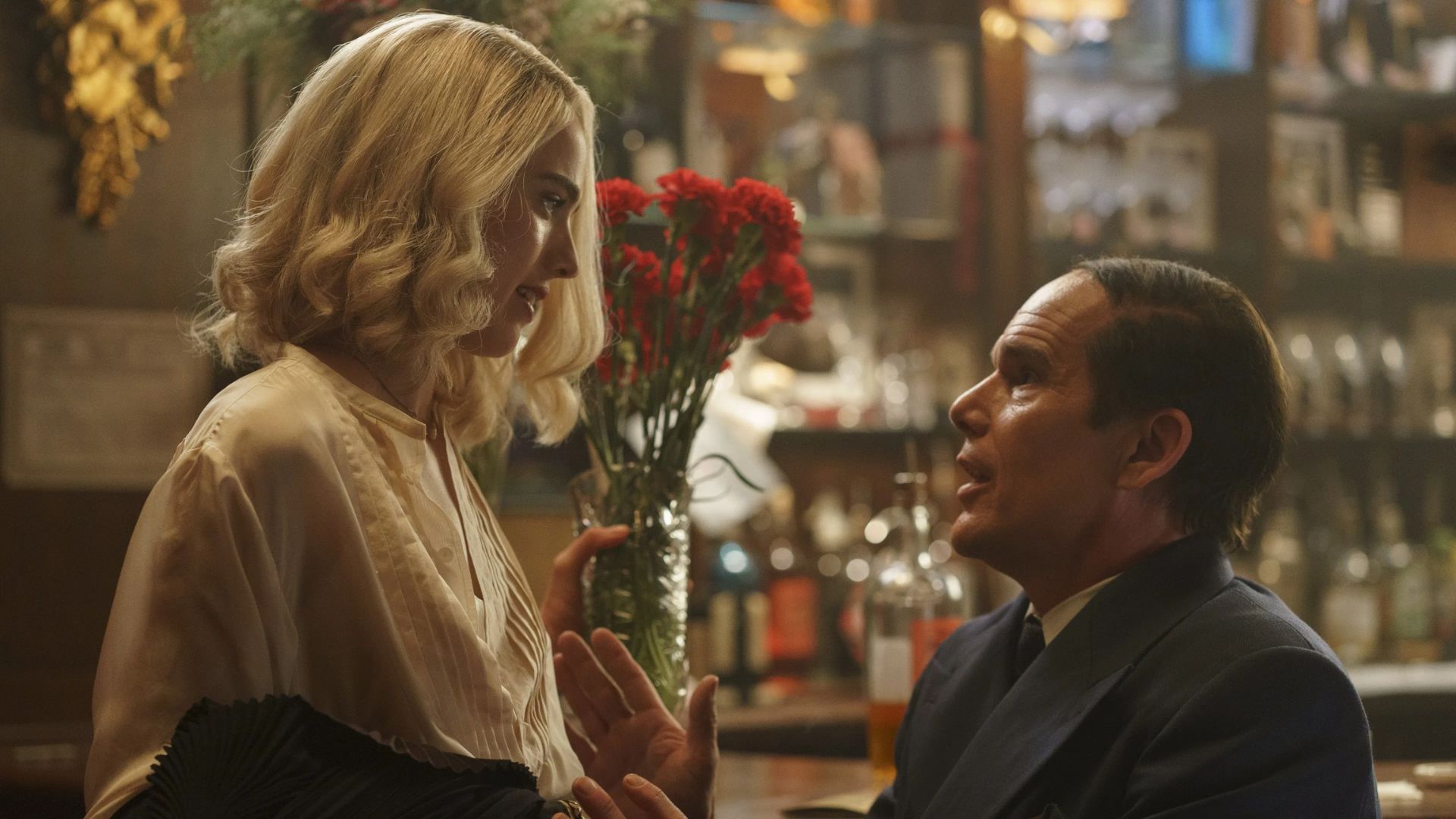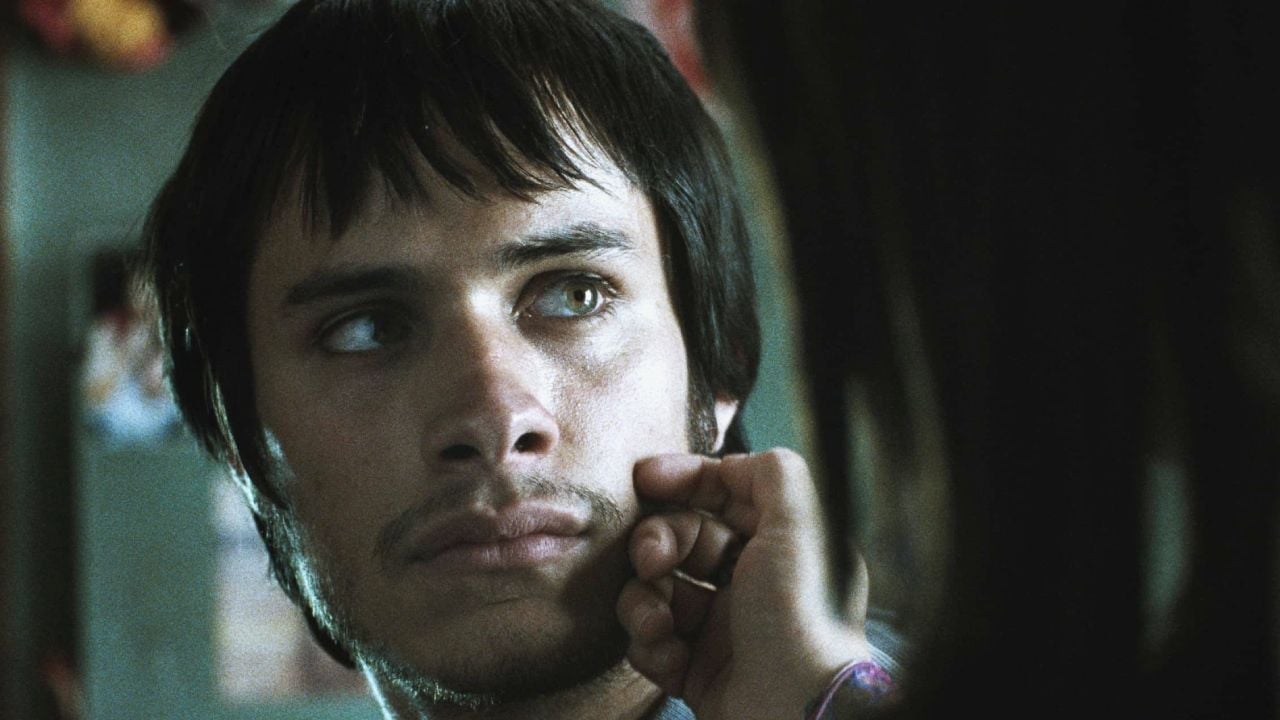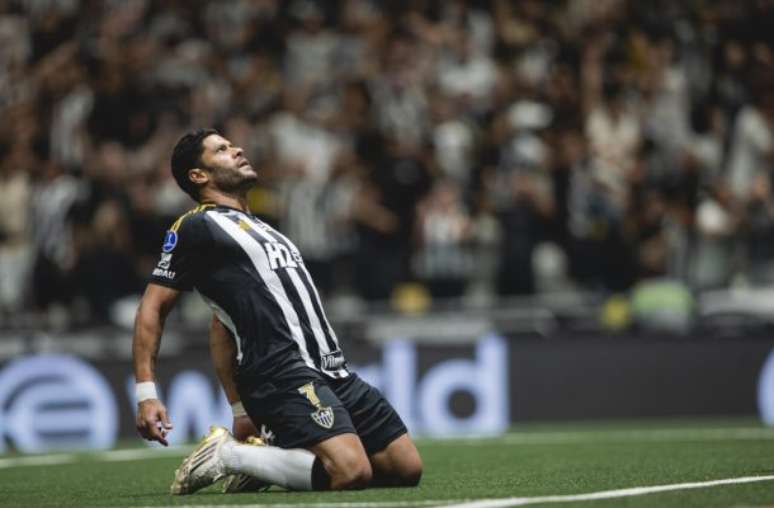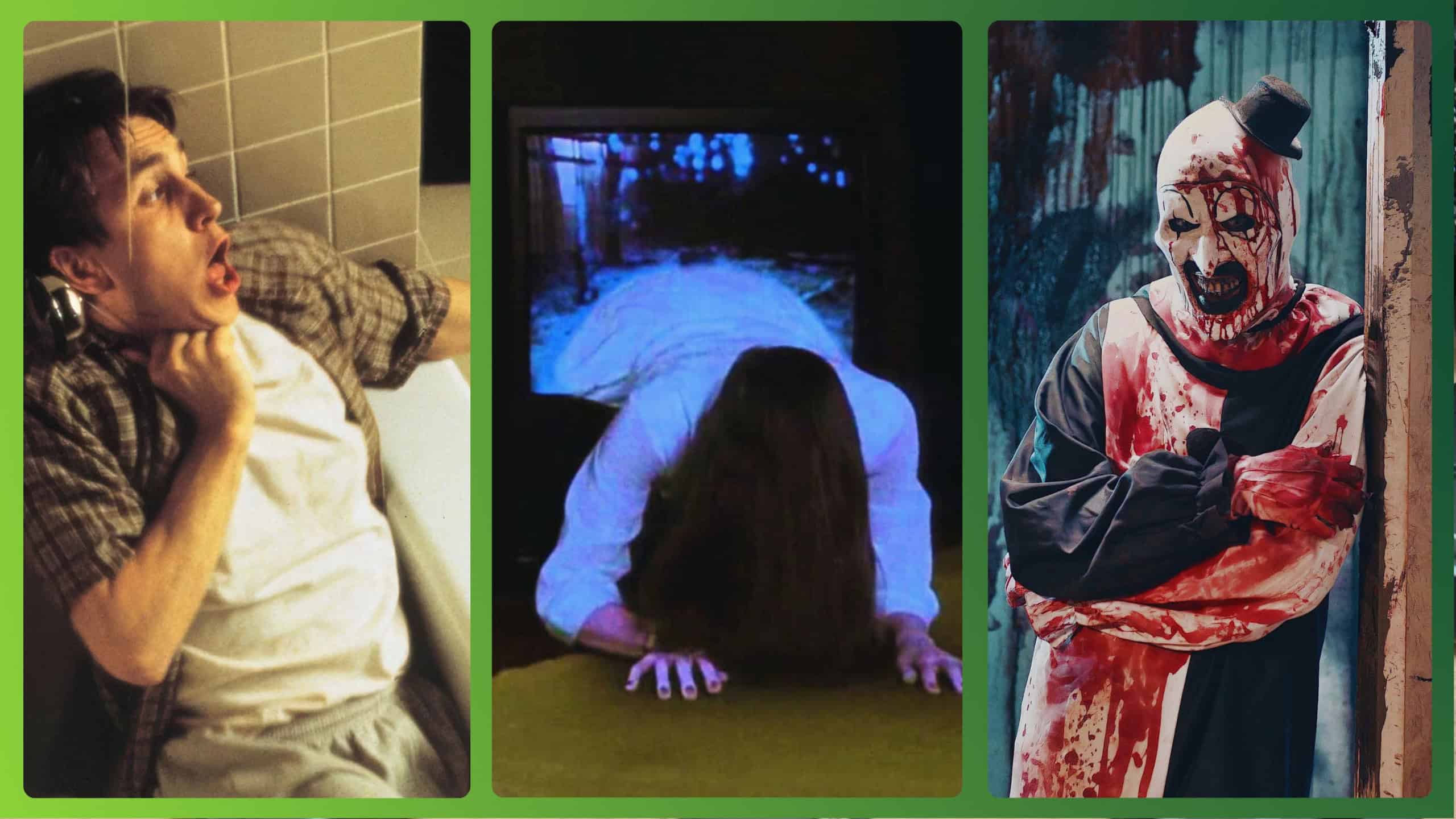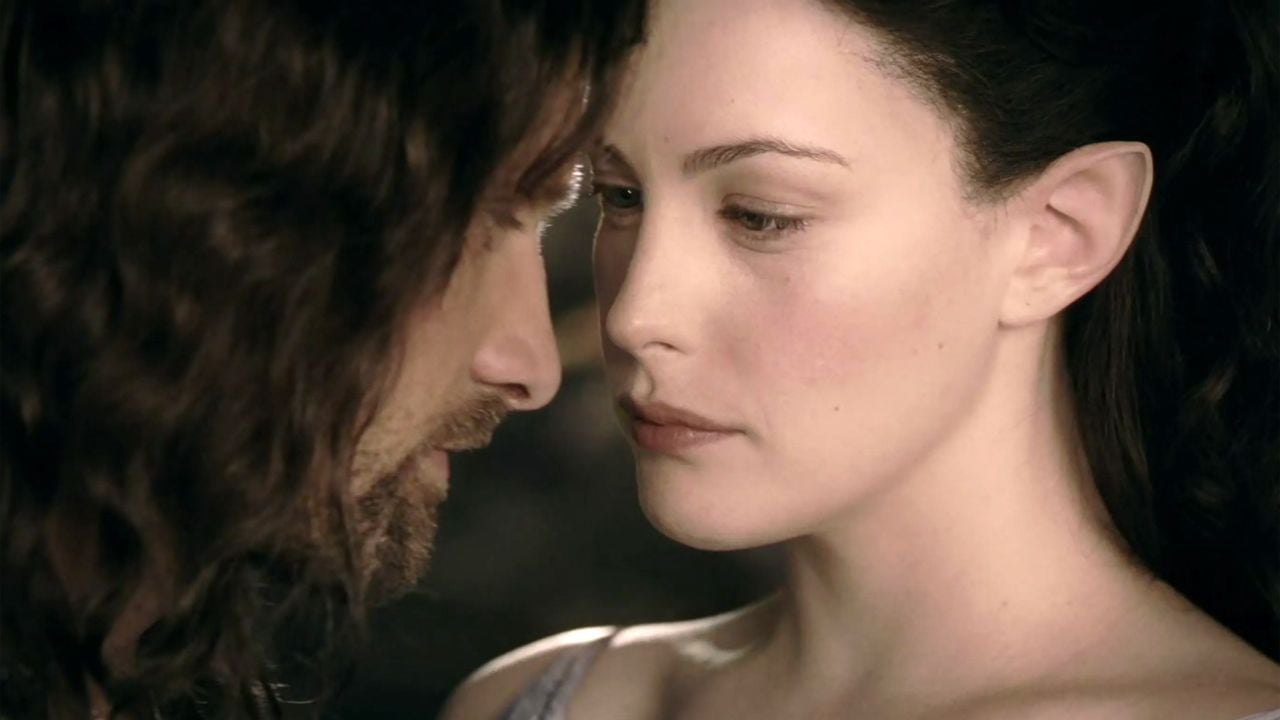On a single night in 1943, Richard Linklater follows the breakdown of Lorenz Hart (Ethan Hawke) in a poignant portrait of talent, loneliness and the end of an era
Richard Linklater (Random Killer) is a director obsessed with time — the time that passes, the time that shapes, the time that corrodes and, above all, the time that remains. In Blue Moonhis second film shown at the 49th São Paulo International Film Festival, in addition to New Wavehe condenses time to the limit, confining the lyricist’s entire life Lorenz Hart (Ethan Hawke, The Black Phone) in a single night.
It is March 31, 1943, when the legendary lyricist — responsible for the title song —, experiencing a personal and creative crisis, finds himself alone in a bar, drowned in memories, resentments and glasses of whiskey, while his former partner, Richard Rodgers (Andrew Scott, All of Us Strangers), celebrates the triumphant debut of his revolutionary musical, Oklahoma!.
Hawkelong-time collaborator of Linklateroffers here one of the most devastating performances of his career. He carries the film with a performance that is simultaneously exuberant and restrained. At first, Hart it seems expansive, witty, yet possesses a certain sparkle; but, little by little, the film removes the masks, revealing the exhaustion and sadness that eat away at him.
His body seems to shrink as the night progresses; His speech, once vibrant, breaks into hesitation in the face of the truths that emerge. Lorenz Hart He is a man who hides behind irony and intelligence—a once-brilliant artist who now lives in the shadow of his own glory. Laughter gives way to melancholy, charm to helplessness, genius to pathetic.
THE mise-en-scène of Blue Moon It is strictly theatrical. Practically the entire film takes place inside the same bar, with few characters and long dialogues and monologues. This choice focuses the gaze on the actor, transforming each pause, each look and each silence into fragments of a soul adrift.
The camera Linklater observe Hart with a restrained pity, allowing the audience to feel the weight of time — and defeat — in each gesture. The photography evokes a nostalgic New York, while the framing often isolates Hart in the frame, visually reducing it. It’s a meticulous camera and costume work, which makes Ethan Hawke a physically smaller man, echoing the fragility of the real Lorenz Hart — short, frail, tragically vulnerable.
The tone of the film oscillates precisely between humor and melancholy. There is irony in seeing a man who wrote lyrics about love and hope unable to love himself or believe in any future. But there is also tenderness in the way Linklater sees him: not just with pity — that he himself Hart rejects — but with the understanding of someone who recognizes the tragic beauty of an artist confronting his own ruin. The result is an intimate and disarming portrait of the end of an era. In the background, Blue Moon talks about the inevitability of the passage of time — the same theme that runs through the entire filmography of Linklaterfrom the Before Trilogy the Boyhood: From Childhood to Youth.
In this context, Blue Moon is more than just a musical reference: it is a reflection of the artist’s own trajectory. Lorenz Hart. He is an artist who shone brightly—a flash of genius and sensitivity in a world that forgot him too quickly. The song symbolizes both the peak and the ruin, acting as a mirror of a man who wrote eternal verses about love, but died unable to live it fully. Linklater transforms this title into a poetic epitaph: just as the “blue moon” briefly illuminates the sky before disappearing, Blue Moon lights up for a moment the life of Hartonly to return him to the darkness of his own memory.
After revisiting the rebellious energy of youth and the reinvention of the New Wave, Richard Linklater Now contemplate the other extreme of life: exhaustion, the aftermath, what remains when there is no more applause from the audience. If the behind-the-scenes film Harassed celebrated the birth of a new look at art, Blue Moon observes the twilight of an artist who no longer enchants anyone, including himself. This bar conversation is the last toast before the outcome announced in the first scene. Linklateronce again, captures the melancholic and irrefutable beauty of time — that same time that destroys us and, paradoxically, defines us.
READ ALSO: 49th São Paulo Film Festival: Follow Rolling Stone Brasil’s coverage
-
49th São Paulo International Film Festival
-
andrew scott
-
blue moon
-
criticism
-
Ethan Hawke
-
Margaret Qualley
-
richard linklater
Source: Rollingstone
Rose James is a Gossipify movie and series reviewer known for her in-depth analysis and unique perspective on the latest releases. With a background in film studies, she provides engaging and informative reviews, and keeps readers up to date with industry trends and emerging talents.

